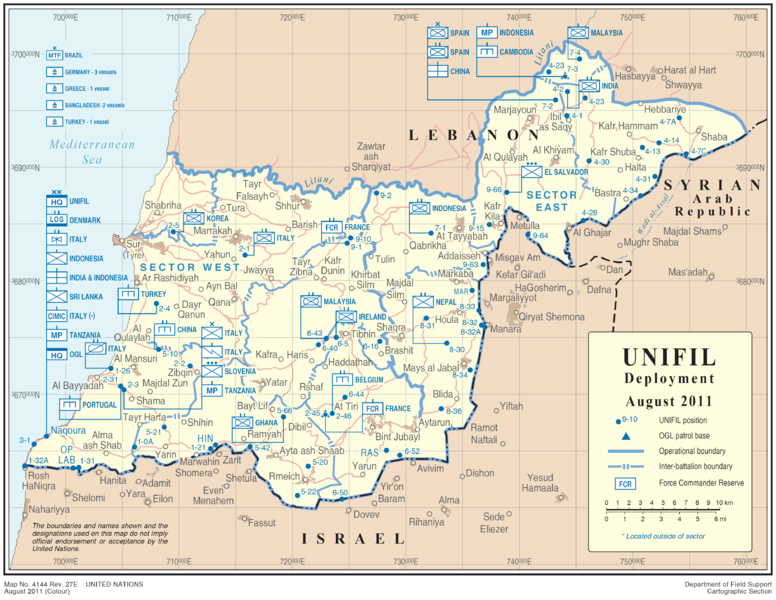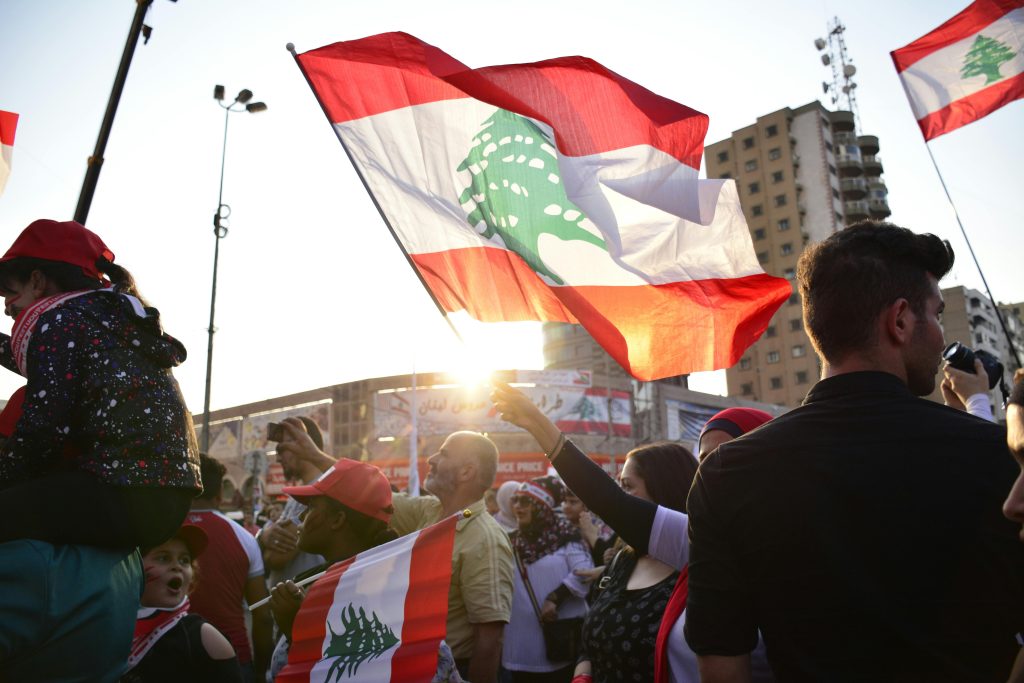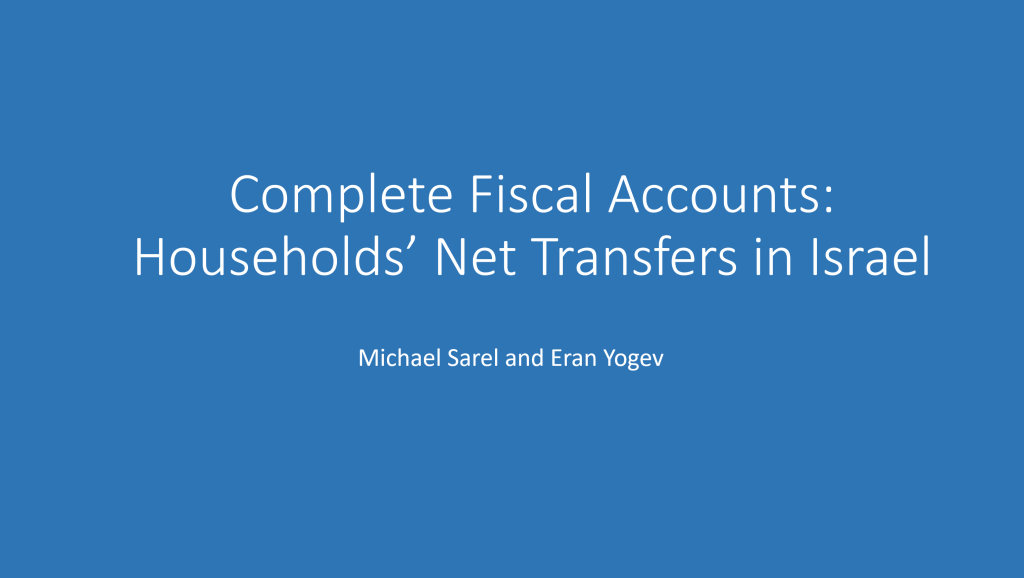The catastrophic blast in the port of Beirut this month has put proper scrutiny on Hezbollah, the Iranian proxy militia and terror group that controls much of Lebanon. But it also underscores the failings of the United Nations Interim Force in Lebanon, known by the acronym Unifil, which is supposed to block arms smuggling. Dysfunctional and ineffective, the force does more harm than good. When Unifil’s mandate comes up for renewal at the Security Council on Aug. 31, the U.S. should try to reduce the size of the force or end the mission altogether.
Unifil is the only U.N. peacekeeping operation with its own navy: six warships tasked with “preventing the unauthorized entry of arms or related materiel by sea into Lebanon,” according to its website. That a shady ship could drop off 2,750 tons of ammonium nitrate by the Beirut docks, and that the material could be allowed to sit in a port warehouse unsupervised for years, makes one wonder whether the maritime task force is good for anything.
Unifil embodies all the pathologies of the U.N. system—high cost, mission creep and unaccountable performance with an anti-Israel twist. Created in 1978 to monitor Israeli withdrawal after a skirmish with the Palestine Liberation Organization, the U.N. “interim” force has persisted and grown. In 2006, after Israel’s Second Lebanon War, its mandate was expanded to focus on helping Lebanon disarm Hezbollah in the country’s south. By any standard, this mission has failed, as Hezbollah’s arsenal of rockets and missiles has grown more than tenfold since then.
Since 2006, Hezbollah has entrenched itself more firmly along Lebanon’s southern border with Israel. Israel has in recent years discovered Hezbollah attack tunnels into Israeli territory that were dug under Unifil’s nose. In key areas, Hezbollah systematically harasses the force, which has shown itself to be powerless to deter or respond to violations of U.N. resolutions by Hezbollah and the Lebanese army. Unifil personnel once stood by and filmed Hezbollah attacking Israelis, without intervening or notifying Israel. Rather than stop Hezbollah in any future conflict with Israel, Unifil personnel would likely function as human shields, protecting the militants from Israeli strikes.
Yet Unifil forces have grown from less than 2,000 personnel at its inception in 1978 to 10,180 today, with authorization for up to 15,000. Its $512 million annual budget is more than twice that of the mission in Darfur, the site of a genocide. The American taxpayer picks up roughly $128 million of that annual tab.
Unlike much of the U.N. leviathan, peacekeeping missions like Unifil are ostensibly temporary and thus authorized for limited periods of time. This means the U.S. is in a rare position to insist on real reform with its veto on the Security Council. The U.S. and Israel both recognize that Unifil is dysfunctional. Yet in recent years the two countries have made the mistake of calling to strengthen the force’s mandate—giving it more authority and greater ability to confront Hezbollah and enter hostile villages. It is unrealistic to hope to fix Unifil in this way.
Hezbollah is ruthless, and wouldn’t hesitate to attack Unifil personnel who actually tried to do their jobs. That’s one of the main reasons it does not and will not enforce order. Soldiers from an assortment of countries including Indonesia, Malaysia and France are asked to risk their lives to protect Israelis from Shiite militants. They have little reason to do so—an inherent limitation of such peacekeeping missions. Moreover, even if the Security Council put teeth in Unifil’s mandate, the force could revert to its easygoing ways once a different U.S. administration takes power or diplomatic scrutiny wanes.
The U.S. should instead reduce the size and expense of the mission significantly—a one-time, self-executing fix. The one useful task that Unifil performs, acting as a liaison between the Israeli and Lebanese militaries, can be done with a force of dozens, not thousands. But the U.S. must also be prepared to veto a renewal of the mission if other nations—particularly France, Unifil’s principal proponent—seek to block reform. This would be perhaps the most significant and lasting action toward the Trump administration’s goal of fixing the U.N., especially in peacekeeping, its most expensive area of operation.
The U.S. rarely makes the most of its clout at the U.N. Using the reauthorization to scale back or end Unifil would be a landmark step to achieve reform that saves taxpayer dollars. It would also be a wake-up call to a dysfunctional Turtle Bay, and it would strengthen the safety of both Lebanon and Israel by shrinking the bootprint of Hezbollah’s human shields.
First published in the Wall Street Journal, (“After Tragedy in Beirut, End Lebanon’s U.N. Farce” August 19, 2020)




